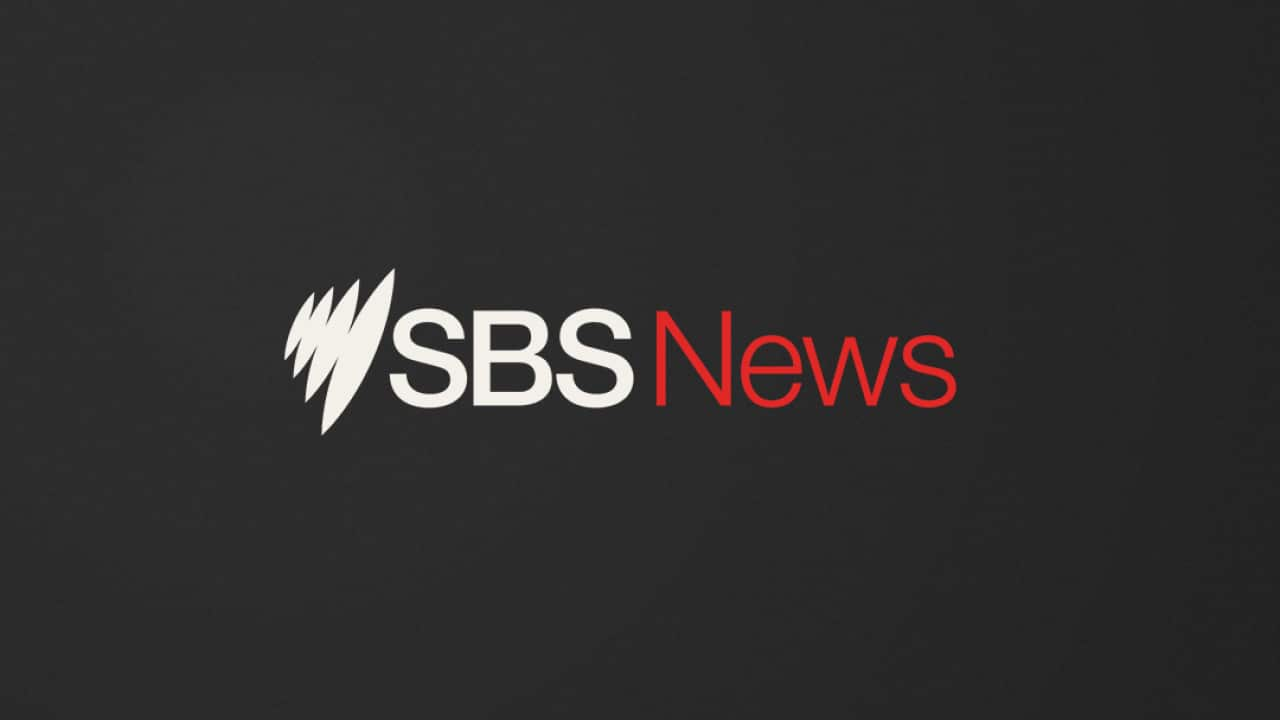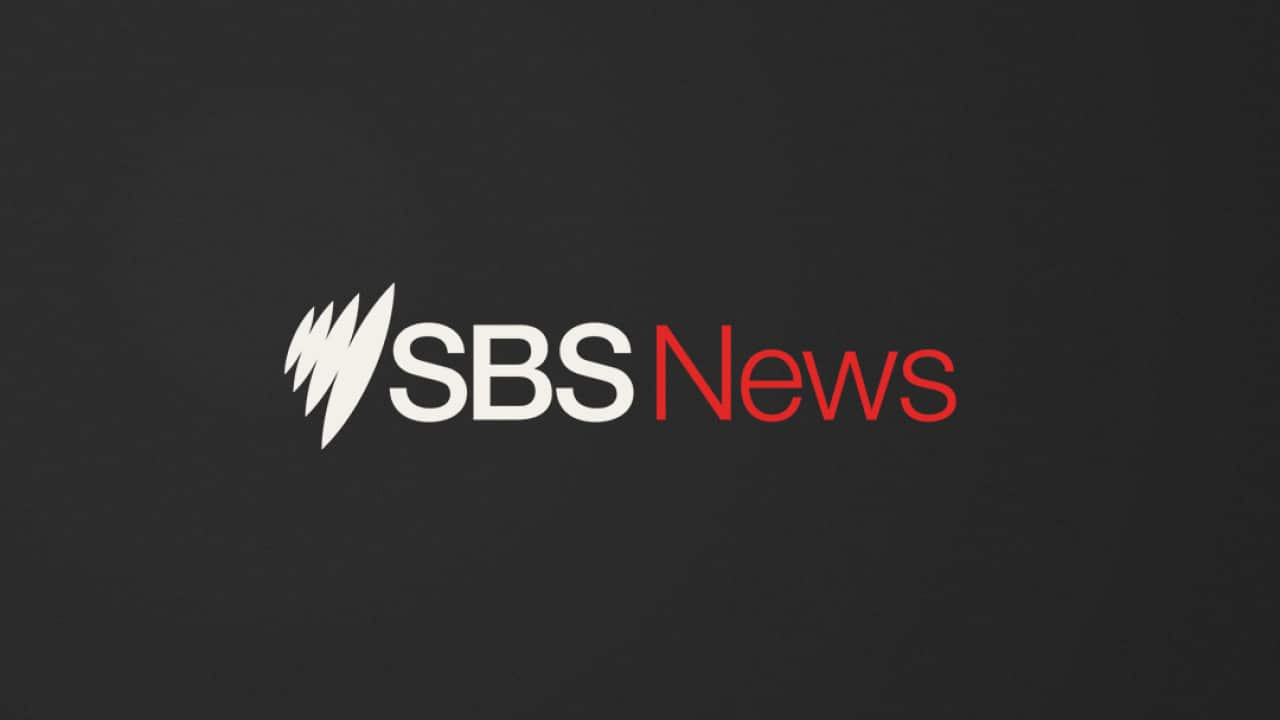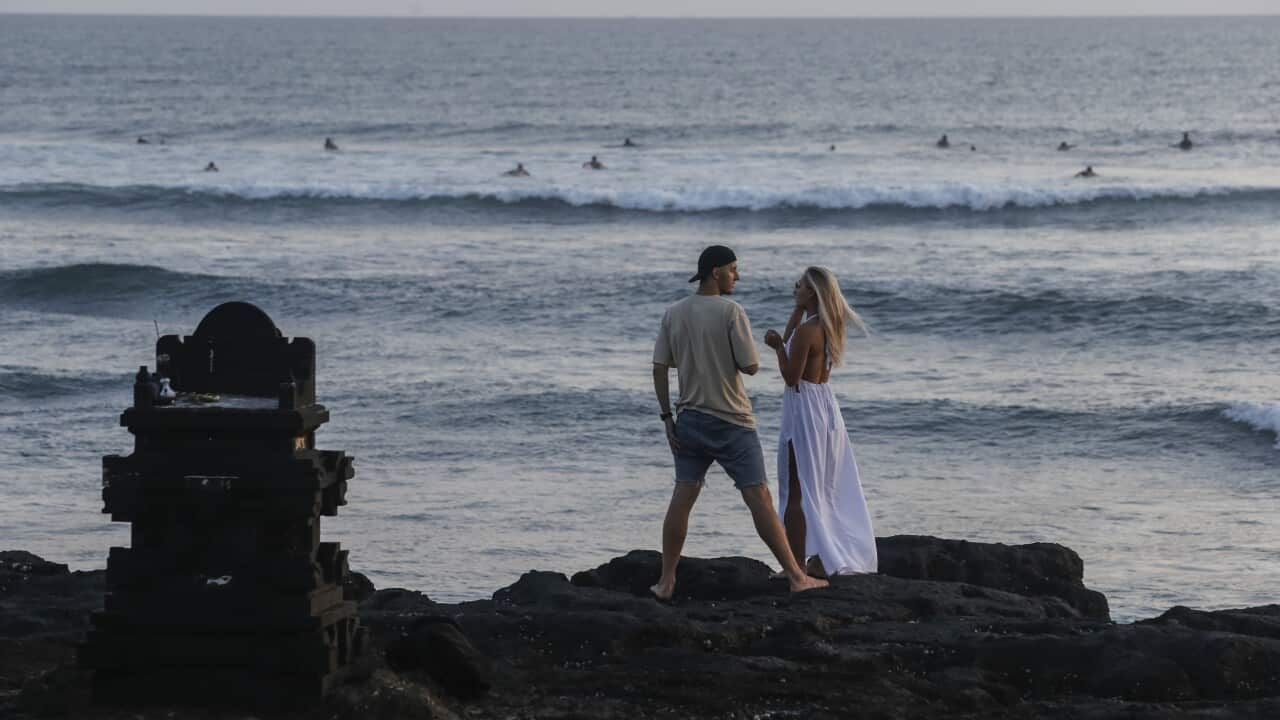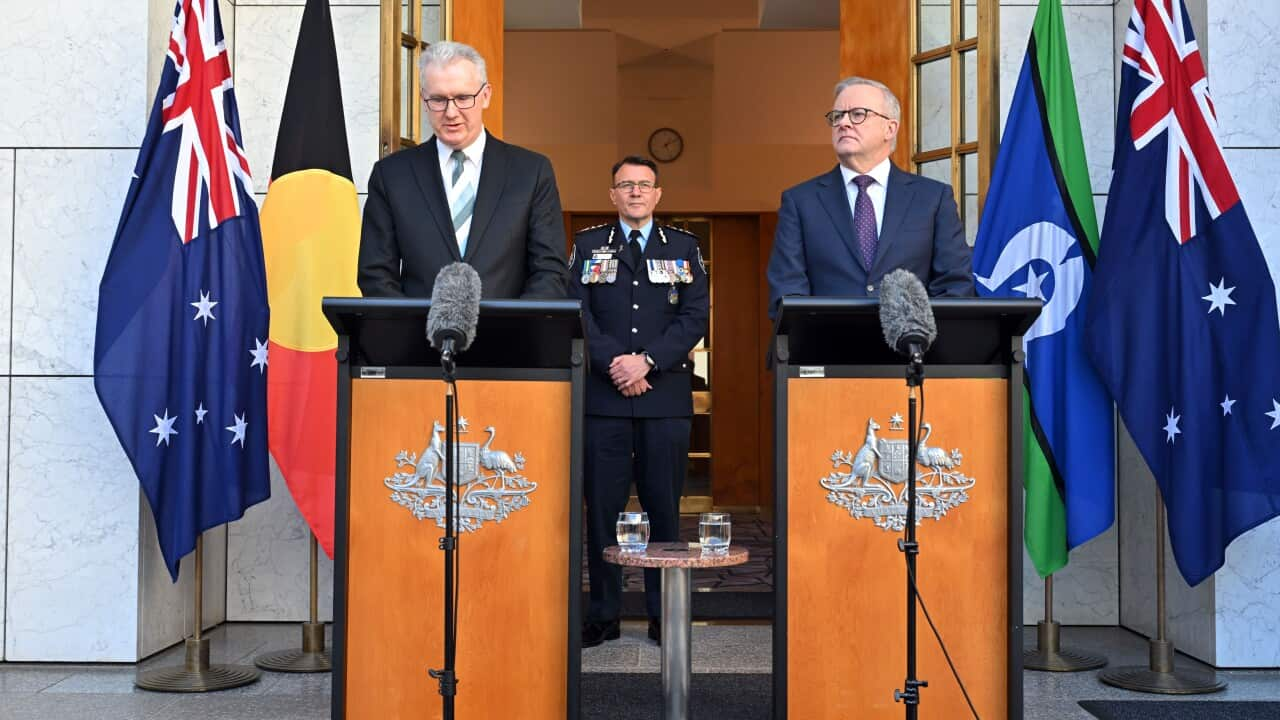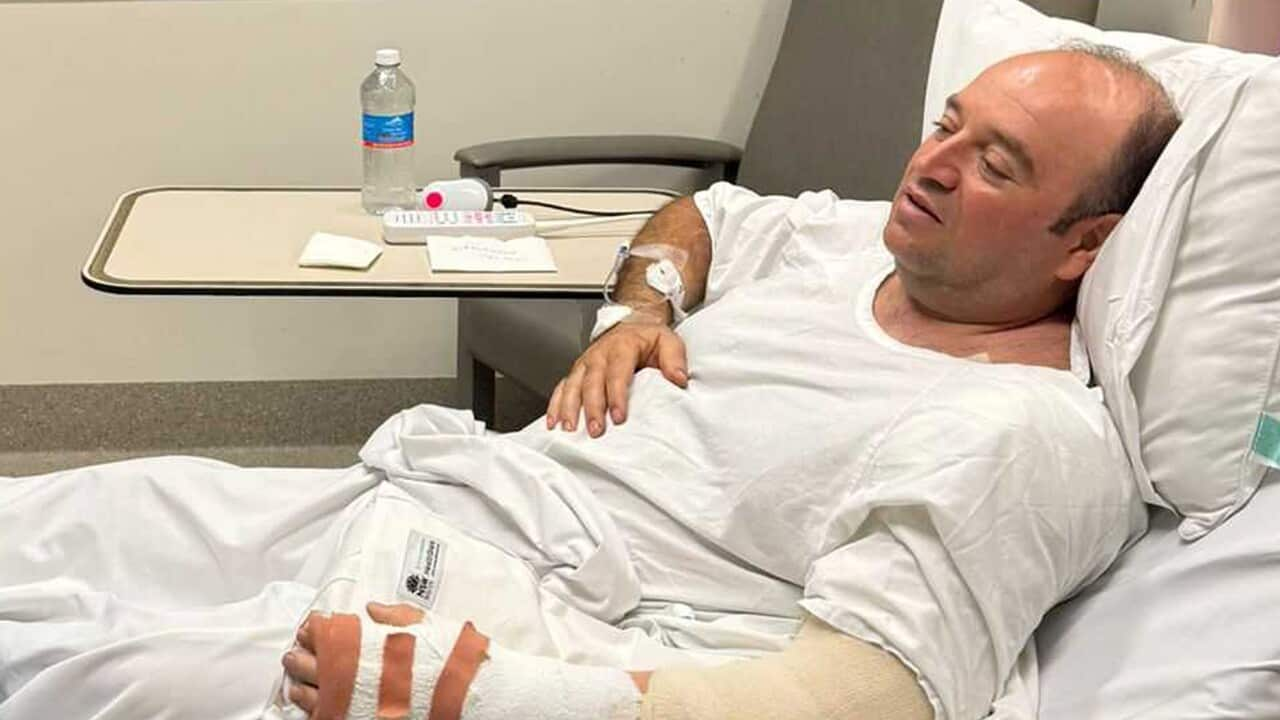TRANSCRIPT
Welcome to SBS News in Easy English. I'm Essam Al-Ghalib.
Residents remain on high alert this morning as rising floodwaters threaten towns in the New South Wales mid north coast region.
The flooding is the result of heavy rainfall that is expected to continue into today as a coastal trough makes it way north.
The State Emergency Service says it has conducted 58 rescues in the wild weather, after more than 2700 incidents were reported by residents.
New South Wales Minister for Emergency Services Jihad Dib says communications have not yet been severely affected by the downpour.
"The Public Safety Network is still holding, and of course at this stage we don't have any issues with communications going down. But we also have that contingency there which is the Cells on Wheels, the mobile cell tower."
**
The Nationals are holding firm on their decision to split from the Liberals.
That's despite a plea from ex Prime Minister John Howard, who says getting the coalition back together is more important than anything else.
Former Queensland Legislative Assembly speaker John Mickel has gone further, calling for a formal amalgamation at a federal level to solve the party's problems.
Nationals Leader David Littleproud says he hasn't changed his mind, telling Channel 9 it was impossible to get guarantees on policies that were important to regional Australia.
"That we could build some childcare places in regional Australia where we don't have it. It's about childcare accessibility not affordability. It's about training doctors, and nurses and healthcare workers in regional Australia so you can actually see a doctor and see a healthcare professional. It's about making sure our mobile phone towers are built and repaired and built to a standard that protect lives. And it's about making sure we stand up and have the turn and consequences to supermarket who have done farmers over but xx consumers over."
**
Britain and the EU have imposed more sanctions on Russia, without waiting for the US to join them.
London and Brussels have said their new measures zero in what they have described as Moscow's "shadow fleet" of oil tankers and financial companies that have helped it avoid the impact of other sanctions imposed over the war in Ukraine.
The leaders of Britain, France, Germany and Poland had jointly travelled to Kyiv earlier in May, saying then that they had new sanctions against Russia ready to go.
The announcement comes a day after US President Donald Trump spoke to Vladimir Putin without winning a promise for a ceasefire in Ukraine, and despite intense lobbying for Washington to join in on the sanctions.
**
The United Nations has urged Israel to agree to more aid entering Gaza.
Israel has given permission for around 100 aid lorries to enter Gaza after 11 weeks of a blockage, which they said was designed to stop Hamas from intercepting supplies.
UN spokesperson Stephane Dujuarric says the current rate of aid arrivals is not enough to satisfy need on the ground.
He also says UN teams on the ground have not been able to distribute those items.
"Just to make it clear, while more supplies have come in to the Gaza Strip, we have not been able to secure the arrival of those supplies into our warehouses and delivery points."
**
Queensland Health is being sued by a group of Aboriginal people who allege they have faced racial discrimination in the state's medical system for decades.
The law firm JGA Saddler is leading the class action, which alleges First Nations people in the North West and Torres and Cape Hospital and Health Services region have experienced the denial or withdrawal of adequate treatment, had their medical concerns dismissed, or received substandard medical care between 1996 and 2024.
The suit alleges this is in breach of the Queensland Racial Discrimination Act.
**
RBA Governor Michelle Bullock says the Reserve Bank's board is confident in their decision to cut interest rates by 25 basis points.
The rate cut on Tuesday has brought the cash rate to 3.85 per cent, a level it has not been on since May 2023.
Ms Bullock says the global outlook remains uncertain, describing the US president's ever-changing tariff pronouncements as a roller-coaster.
But she says the board has made the right decision given all current indicators.
"We were confident it was the right thing to do in the circumstances. I think what we can say is directionally we're confident that was the right thing to do. How confident are we that we know what's going to come and what we might have to do in the future? That's I think where the uncertainty comes in and also, as I said earlier, the unpredictability."
This is SBS News in easy English, I'm Essam Al-Ghalib.
